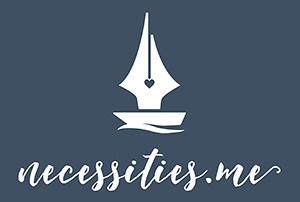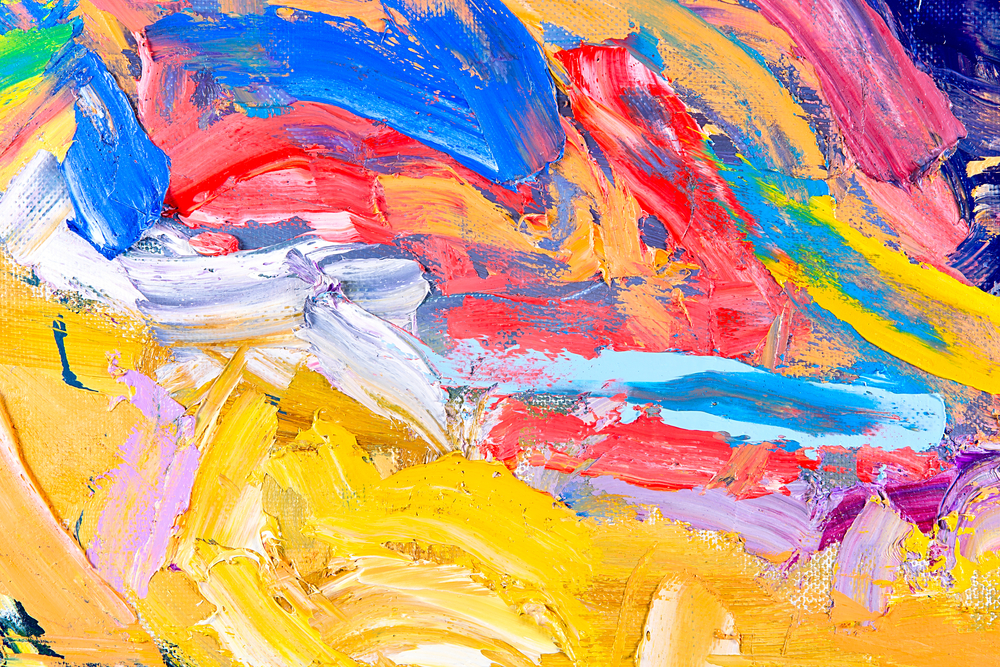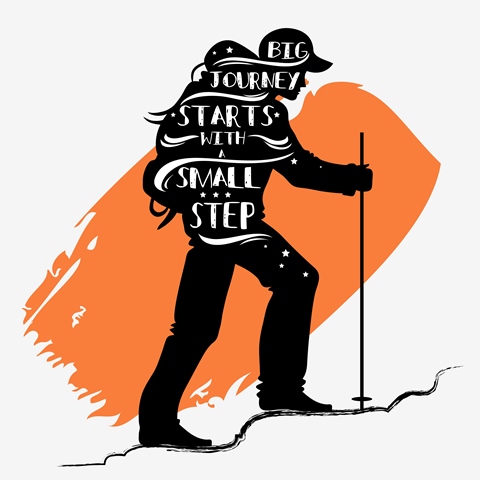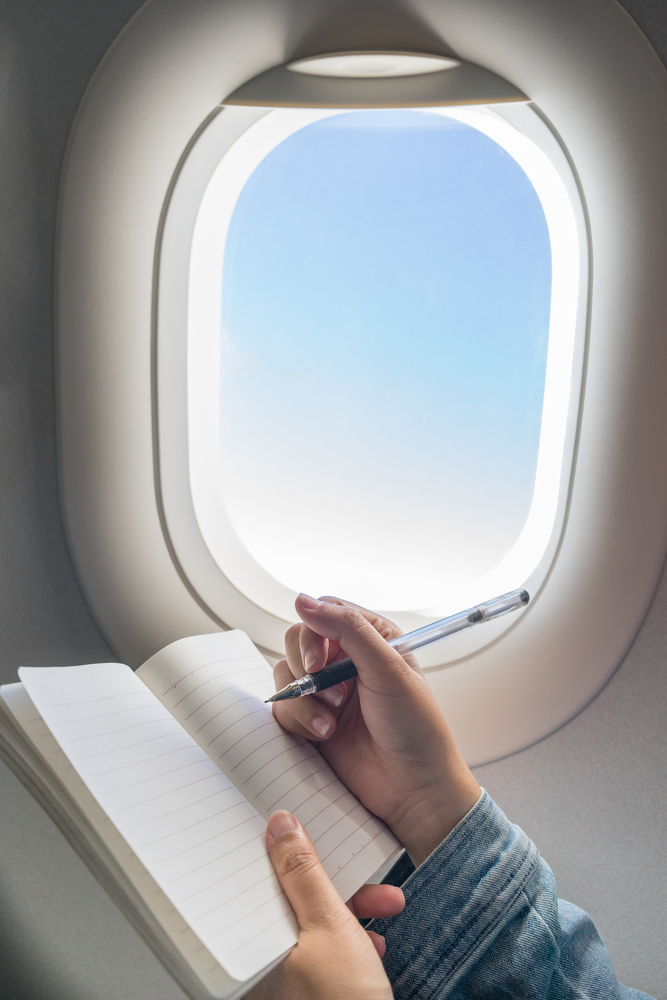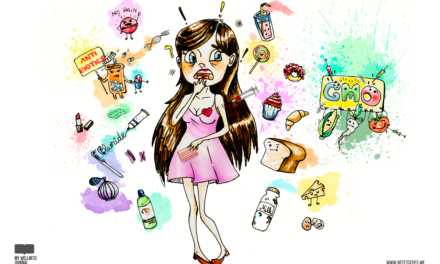Unexpectedly Happy
Lessons on True Contentment from Hunters in SiberiaOne of these trappers is Gennady Solovyev. What makes him a happy person, you might ask? Here are his lessons for true contentment and happiness in life, no matter where you live:
Lesson 1: Demonstrate immense gratitude
These trappers work in conditions where temperatures fall as low as -50 degrees Celsius in winter. They’re bitten ruthlessly by mosquitoes in summer, and they build most things by hand, sleep in cold huts, and must hunt, fish and work in less-than-favourable weather conditions. On the surface, life here looks sandwiched between the devil and the deep-frozen blue sea. Yet, they remain shockingly content.
This reminded me of an incident from a couple of years ago when my husband and I travelled to Cradle Mountain, Tasmania. One day, during severe weather conditions, the Internet went down — and to my horror, stayed down — for three days. I experienced withdrawal symptoms! Being comfortably ensconced in a lodge with room service, breath-taking views, wallabies in the backyard, a warm fireplace and even a generous library didn’t comfort me. I dragged my feet around sulking, and I lost count of the number of times I rang reception about an Internet restoration update. Thus, I was far from gratuitous for the simple and beautiful things that were right in front of me.
These trappers, on the other hand, travel from homes to outlying huts in the wilderness everyday. They are uncertain in which condition they’ll find their lodging after a hard day’s labour — ravaged by bears, rodents or simply snowed in. They meet these challenges with good humour and grace and live in mystery, awe and wonder of the wilderness. They have immense gratitude for life and its experiences. Unlike me without Internet, they find the sacred in the mundane.
Lesson 2: Look beyond usefulness; extend compassion
Gennady talks about how important dogs are in their profession. “You’re no hunter without a good dog,”he says. He keeps older dogs that have retired from what Gennady calls ‘active duty.’ These dogs, called pensioners, have earned their keep and continue to get fed and live on his property. Acting with a sense of compassion for one’s self and others aids wellbeing and has a demonstrable effect on happiness. These trappers are not wealthy individuals. They make their living through hard work, but they still manage to sustain a branding strategy that goes beyond features and benefits. In a world of self-serving business models that focus only on the bottom line without reflecting on the means through which it’s accomplished, maybe the key to true happiness is focusing instead on our shared humanity and the value of making a difference for others, even if it brings no benefit to ourselves.
I was reminded of a quote by spiritual teacher and author Ram Dass , “We’re all just walking each other home,”. It means going out of our way to do things (big or small) to support, care and help one another. In this human experience, it’s incredibly easy to forget our common suffering: we all hurt, ignore, betray and forget to take care of each other. Try reflecting on your life and see where you can extend compassion.
My Wellness Journal has a dedicated section where you can build a plan to execute good intentions. Whether participating in a charity run, buying a colleague coffee, helping build a library in Nepal or supporting a friend, you can serve and contribute with small steps that convert good intentions into concrete action. This is a great guide to cultivating compassion and daily happiness. (How happiness is challenging GDP as a measure of a country’s health)
Lesson 3: Practice self-reliance
Gennady makes his own skis by carefully finding the perfect piece of wood. The grain of the tree must be straight; a good wedge is the one with a gentle slope and very sharp. These are details and skills he has acquired over a period of time. When asked why he doesn’t buy factory-made skis, Gennady replies, “You’ll drop dead with fatigue in those after 15 kilometres.”
This made me realise: whether running a business, facing a challenge in life or work, or addressing a bigger problem you see in the world, we each have a unique perspective and understanding of these problems (often resulting in ingenious or magical ideas) — it’s our responsibility to ensure we develop this voice and perspective and learn to share it with the world. We’re capable of designing novel solutions to problems we see. (You Don’t “Find” Your Voice – You Develop It)
As Ralph Waldo Emerson wrote in “Self-Reliance,” “A man should learn to detect and watch that gleam of light which flashes across his mind from within, more than the lustre of the firmament of bards and sages. Yet he dismisses without notice his thought, because it is his. In every work of genius we recognise our own rejected thoughts: they come back to us with a certain alienated majesty.”
Ever had a cool business idea that you initially wanted to implement, but doubt set in a week later and someone (or yourself) talked you out of it — often only to see it later implemented by someone else?
In her book “Big Magic,” Elizabeth Gilbert states there are only three options when a magical idea comes knocking: say yes, say no, or respond in a “different way” by “cooperating fully, humbly and joyfully with inspiration.” According to Gilbert, you can receive your ideas with curiosity and respect, rather than drama or dread.The permission slip that you’re waiting for to live a creative and happy life will never come, so GO ON! You know you want to.
Lesson 4: Hone a skill and then share it
Whether it’s making your own canoes, skis or traps, “koolyomka” skills and techniques have been sharpened over course of generations and lifetimes. Gennady says, “Anything can be taken from a man — his health and wealth — but you cant take away a craftsman’s skills. Once you learn a trade, you know your trade for the rest of your life.”
Watching this documentary, I realised the difference between someone staring at a clock, willing it to ring five, and someone who savours and relishes what they do. When you find what you love to do, there is an inherent desire to practice and sharpen your skills. Gennady recalls his first winter in the Taiga (he was only 20 years old), hopelessly optimistic about the skills required to survive. He recalls being very cold and hungry. Season after season, he improved his craft and learnt to thrive.
When we decide to immerse ourselves into learning something, a new humility boosts our learning. Acknowledging we don’t have all the answers keeps us curious and gives us a forward momentum. Here’s a personal account: I have no experience in web development, supply chain management, or design. During the process of developing My Wellness Journal, I’ve benefited from the generosity of several programmers and designers who liberally shared their skills with me. In some respects, this is my first winter — where my sometimes hopeless optimism meets reality. Understanding persistence season after season is helping me sharpen my craft as a path to learning something new and one day being able to share it. There is no substitute for practice.
Lesson 5: Embrace solitude
Once the trapping season arrives, trappers travel extensive distances from the village into the Taiga with their dogs. This is where the work begins for which they have prepared all year round. Their journey is also one of solitude, where all they have are their ethics, individual values and standards of conduct accompanied by expansive wilderness. These are less like formal contracts of do’s and don’ts and more like an inner compass that gives Gennady the courage to act.
In order for us to get in touch with that inner compass, we need to learn to embrace solitude. In a world that makes it easy to hop on a hamster wheel and constantly go from one action item to another, building a healthy balance of solitude, where we pause and get in touch with our inner compass, helps us align our life as a true reflection of who we are.
To summarise, I’m not romanticising this lifestyle; it’s not a land of rainbows and unicorns. Just like any other place, here too you find greed and people who do not wish to live sustainably. There is a widespread problem with alcoholism, and old traditions and art forms are dying. While change is the only constant, when we are not conscious of the “new” that’s filling the vacuum in our lives, communities, businesses or countries, we’re easily led astray. And when things go wrong, our first inclination is to look for someone to blame rather than investigate the holes that have arisen in our personal moral fabric (there’s a piss drunk worker on a job in this documentary who blames Russia for introducing Vodka). We are where we are in life because of the choices we make. Willingness to take personal responsibility for our happiness means not blaming others for our unhappiness. Mandate for true happiness requires figuring out ways to be happy despite external circumstances.
Yet, there are people here who’re living sustainably, following the rhythm of nature. They are role models, navigators and architects of their life. There’s anxiety around getting food and other replenishments safely into their huts in the Taiga, yet there’s gratefulness for the warmth of the sun and a cup of warm tea. There’s cold silence for weeks on end, and sometimes rapids are strong and the current seems difficult to overcome. Yet they still manage to say, “You see that everything is going forward as it should. It gives you a sense of a job being done. It’s not you who is doing it, but you still feel a part of it.” In a lot of respects, it’s life anywhere — full of contradictions, yet unified.
Developing self awareness and embodying virtues such as gratitude, compassion, generosity and readiness to serve, are happiness promoters. Are any of these virtues a part of your 2017 goal setting?
Words To Grow By
Alice Walker
“There should be for everybody a period in every day when you’re just free to sink into your own space, your internal space. And without that I think people have no true compass.”
